An essential skill for web developers is debugging. To guarantee that websites and online apps function as intended entails finding and correcting bugs in the code. This post will cover basic debugging techniques and tools, as well as how to make your content search engine friendly.
- Employ the console
Developers may inspect problems and debug their code using the console, a built-in feature of the majority of web browsers. Simply choose “Inspect” from the menu once you right-click on a web page or press F12 to open the console. You may examine errors, read log messages, and issue commands from there.
- Breakpoints
A breakpoint is a line of code when the program pauses running so that developers may walk through the code and investigate variables. You may locate problems and determine the source of errors by setting breakpoints. You can establish breakpoints directly in the console with the majority of web browsers.
- Detection Tools
There are several available third-party debugging tools, including Microsoft Edge DevTools, Firefox Developer Tools, and Chrome DevTools. In comparison to the built-in console, these tools offer more sophisticated debugging features including profiling, network analysis, and code coverage analysis.
- Review of Code
Through code review, you can debug programs even more efficiently. A second pair of eyes reviewing your code might assist find problems that you might have overlooked. Peer code can be used to do this.
- Examine Your Code
Debugging must begin with testing your code. You may create automated tests for your code using one of the numerous testing frameworks out now, like Jest and Mocha. By identifying problems early on in the development process, it is easier to remedy them before they worsen.
- SEO Promotion
There are a few crucial actions you can take to optimize your content for search engines including Relevant Keywords: To assist search engines comprehend what your post is about, include relevant keywords throughout your text. This involves including keywords in your article’s title, subheadings, and body copy.
Use meta descriptions: In search engine results, a meta description is a succinct overview of your article. Use pertinent keywords in your meta description to increase the exposure of your content in search engine results.
Organize your post using header tags (H1, H2, H3, etc.) to help search engines better grasp the information on your page.
- Use Alt Text:
To assist search engines comprehend the context of your photographs, provide alt text with each image in your post.
- Link to Additional Relevant information:
Linking to additional pertinent information on your website might increase the visibility of your website in search engine results.
- Conclusion
Web developers need to be adept at debugging, and there are several tools and methods for finding and resolving code problems. You may enhance your debugging abilities and make sure that your websites and web applications function properly by following the advice and resources covered in this article. Additionally, you may increase the exposure of your post and draw in more visitors by optimizing your content for search engines.


